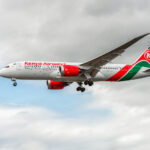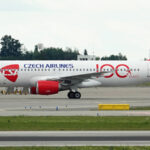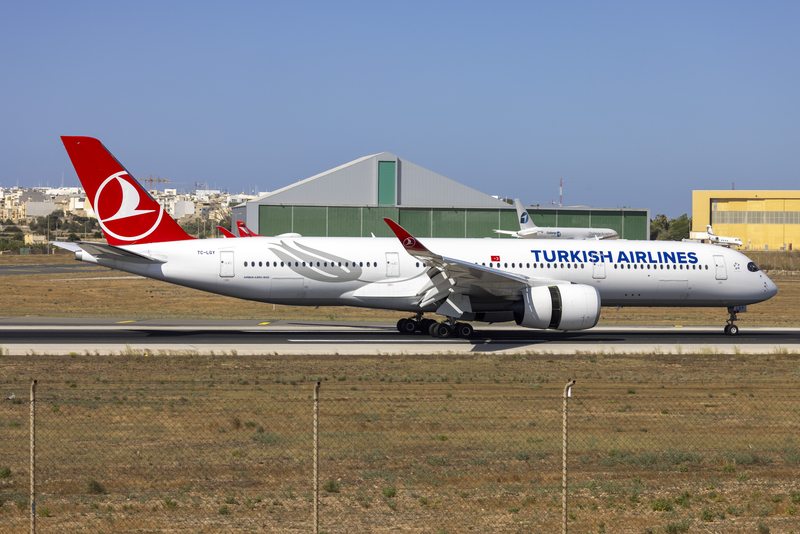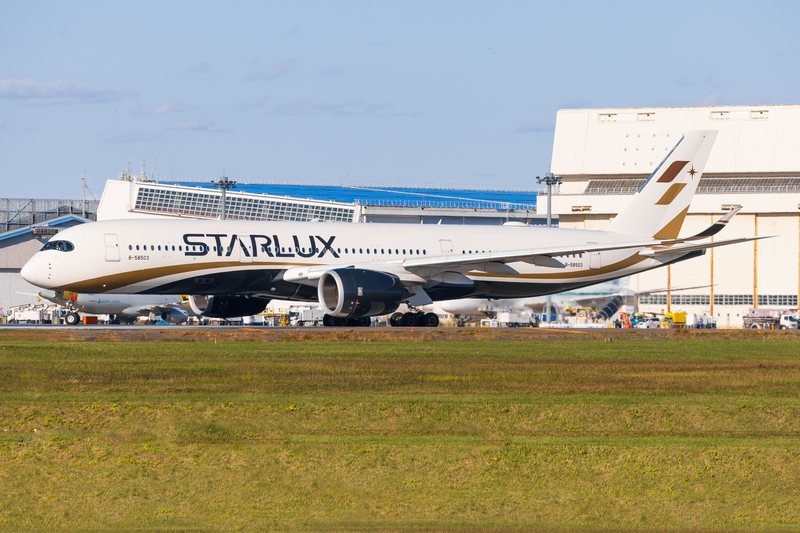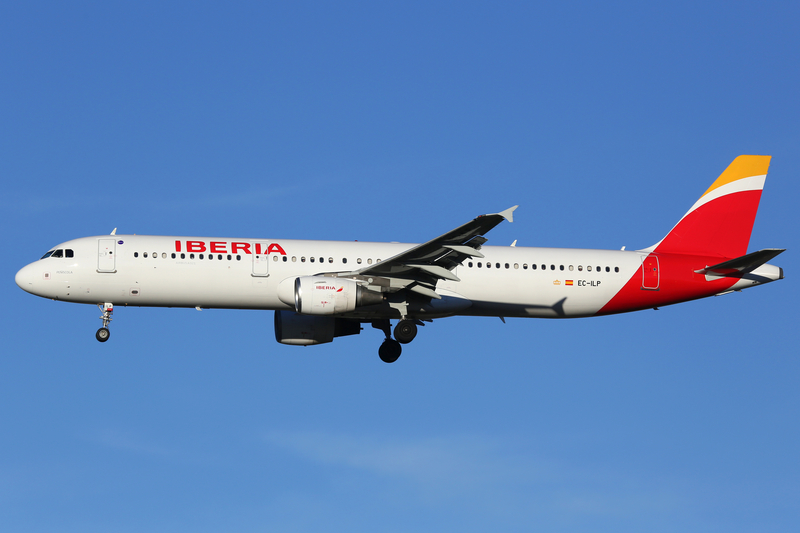AJet Scrambles to Lease Aircraft Amid Boeing 737 MAX Delays
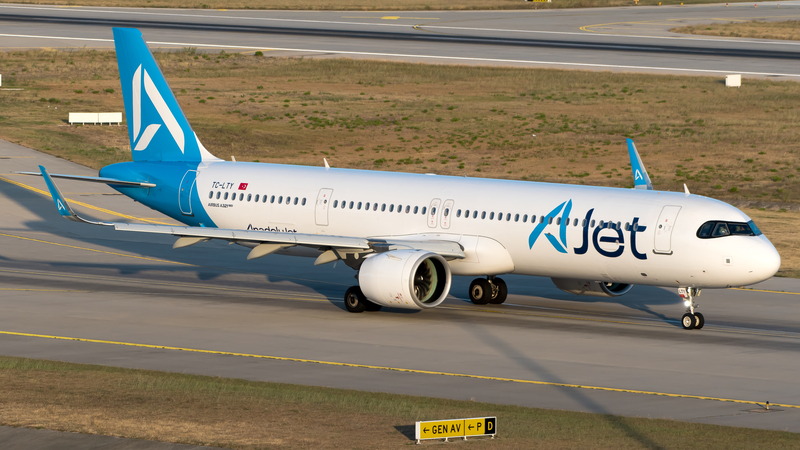
ID 332460162 | Ajet © Alpiee | Dreamstime.com
AJet, Turkey’s new low-cost airline and a subsidiary of Turkish Airlines, is seeking to lease additional aircraft due to significant delivery delays for its Boeing 737 MAX jets. The carrier is negotiating with lessors for up to 36 aircraft, focusing primarily on leasing Airbus A320 family jets to meet its operational needs.
Impact of Boeing Delays on AJet
AJet had initially planned to receive 36 Boeing 737 MAX jets in 2025, forming a critical part of its fleet expansion strategy. However, ongoing production delays at Boeing have disrupted the airline’s schedule, forcing AJet to pivot to the leasing market to secure planes for its upcoming operations.
Fleet Expansion Plans
- Original Fleet Plan:
- 36 Boeing 737 MAX aircraft expected in 2025
- Long-term goal of 200 aircraft by 2035
- Leasing Strategy:
- Negotiations underway for 36 Airbus A320 family jets
- Focus on short-term leases to bridge the gap until Boeing deliveries stabilize
AJet’s reliance on leased Airbus jets highlights the operational pressures created by global supply chain disruptions in the aviation industry.
Operational Goals
Launched in March 2024, AJet was designed to operate as a competitive low-cost carrier within Turkey and international markets. Key objectives include:
- Capacity Growth: Targeting a 13% increase in available seat kilometers (ASK) by 2025.
- Passenger Goals: Carrying 23 million passengers by the end of 2025.
- Route Expansion: Increasing international destinations from 54 to 104 over the next five years.
AJet currently operates from Istanbul Sabiha Gökçen Airport (SAW) and Ankara Esenboğa Airport (ESB), with plans to expand its presence across Europe, the Middle East, and Asia.
Challenges in the Leasing Market
The global leasing market is facing heightened demand as airlines seek alternatives amid delivery delays from major manufacturers like Boeing and Airbus. This has led to:
- Higher Leasing Costs: Increased competition among airlines for available aircraft.
- Limited Availability: A shrinking pool of short-term lease options, especially for narrowbody jets.
Comments from AJet and Turkish Airlines
Bilal Ekşi, CEO of Turkish Airlines, emphasized AJet’s importance to the group’s growth strategy:
“AJet is a key part of our expansion in the low-cost market. While the Boeing delays are a challenge, we are committed to ensuring the airline has the capacity it needs to succeed.”
An AJet spokesperson added:
“We are actively exploring leasing options to bridge the gap caused by the delivery delays. This will allow us to maintain our growth momentum and continue offering affordable travel options to our customers.”
Implications for Boeing
The delays in 737 MAX deliveries pose reputational risks for Boeing, particularly as it competes with Airbus in the narrowbody aircraft market. Airlines like AJet are increasingly looking to Airbus as a reliable alternative, which could impact Boeing’s market share in the region.
Bottom Line
As AJet navigates delivery challenges, its strategic shift to leasing aircraft demonstrates its commitment to maintaining operations and meeting its ambitious growth targets. This move underscores the broader pressures on the aviation industry amid global supply chain disruptions, highlighting the need for flexibility and adaptability in airline fleet management.

